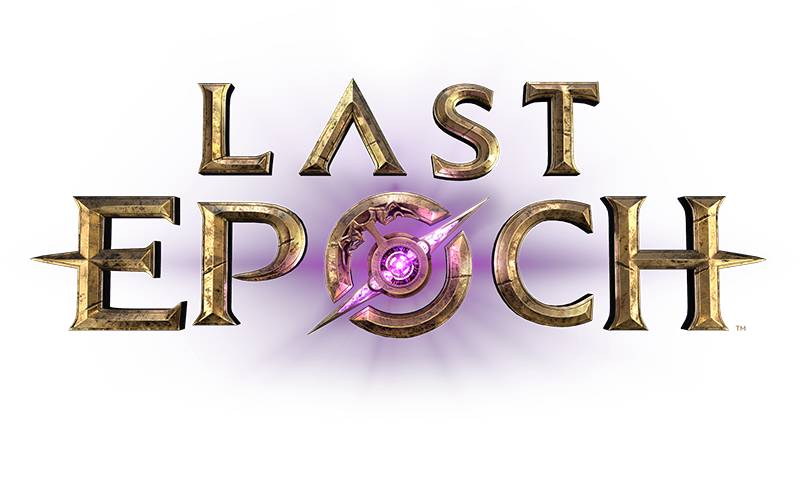Obviously not in this case. It was a choice between launching the game incomplete and keep working on it or not completing at all and going bankrupt.
In one case we get a game that continues to develop, in the other we get a game that is dead before launch.
Dunno about you, but I do prefer the former.
Also, regarding the PvP, you might notice that it was part of the goals and one that wasn’t met. The goals that were met were “Funded” (where you get the game) and Controller Support, which they have.
So if you invested in LE because of the PvP, then you should know that the goal wasn’t met and they don’t have any obligation to add it.
Did they fail to deliver “A loot-based Action RPG featuring time travel, character building, crafting, and an item system that guarantees endless replayability”? If yes, then you could be refunded. If not, not refud.
EU laws regarding investing (and crowdfunding falls under investments) are very different from product trading. Which makes sense because they’re 2 different things.
Kickstarter falls under the former. Buying a game on steam would fall under the latter.
It would. Because there is one extra mastery tree. Which makes creating builds more complicated because you have more choices.
Not talking about Uby. I’m simply talking about Aby when it was introduced last season. Some people complained because they didn’t want to have pinnacle content in the game, as it made it feel like the game no longer catered to them and that they wouldn’t be able to play the whole game anymore.
Who said I’m building my house? Nothing in the original premise said that. I ordered an undisclosed amount of cheap bricks to do whatever I want to do with them, like creating some sort of communal structure, and I got premium ones which will cause them to be stolen, and thus my project destroyed.
Point is that getting an upgrade isn’t always something you might want. If you’re renting a car and they give you an upgrade to a bigger car, it’s harder to drive in the city, or to find a spot to park. And it will consume more gas.
It’s not. Investing means you provide resources to assist in the success of a business in return for a potential reward in case they succeed.
Shares is simply the most common practice in high business practices. But it’s definitely not mandatory.
You can invest in a bookstore, either by providing money or even just providing labour, in return for a discount on sales, for example.
You can invest in a dog washing business in return for getting your dog washed for free.
You can invest invest in an hospital or library in return for having your name in one of the wings.
But you’re investing in the idea. Details change over time. The idea is what you’re investing in.
The rest of the page is simply details on how they aim to reach the idea of “a loot-based Action RPG that combines time travel, deep character customization, crafting, and an engrossing item system that guarantees endless replayability”. Which, again, they might change, as long as the main idea is delivered.
If you invest in a company that aims to reduce electricity costs by replacing bulbs with neon and then they come to the conclusion that neon isn’t practical so they instead replace them with led. As long as they reduced the electricity costs (the idea being sold) the details can change.
Anyway, not sure if it’s worth continuing this already long discussion. You seem to assume you’re buying a product when you’re clearly not (especially because the product doesn’t exist yet, so it would be hard to do so).
Crowdfunding falls under investment laws in the EU and in most of the world, where applicable.
And the laws and expectations are different between both.
![]()
